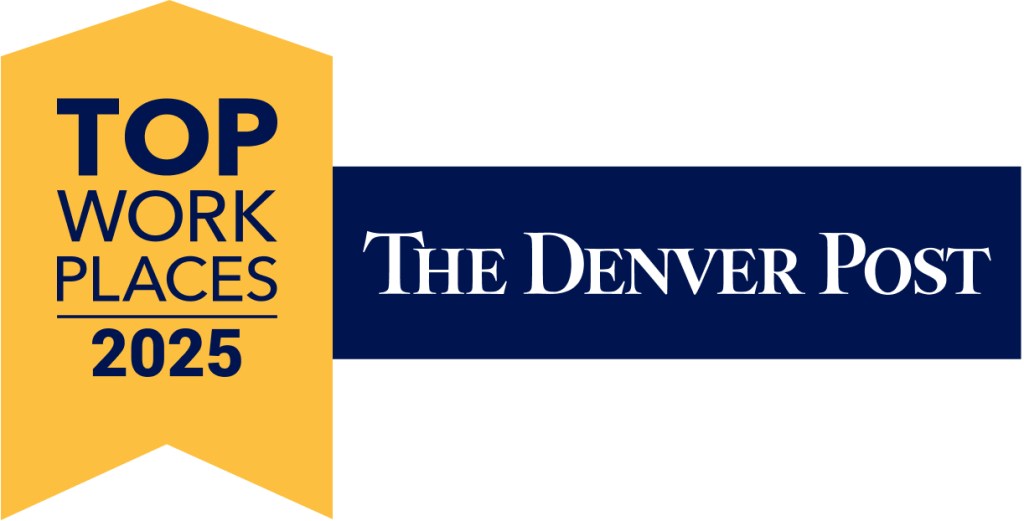Recent data from the U.S. Census Bureau indicates that the cities of Boulder and Denver are leading the way in remote work adoption compared to many other U.S. cities. While the nationwide average for remote work stands at 14%, Boulder boasts an impressive 28%, and Denver follows closely with 22%.
This trend appears to be stable, with experts suggesting little likelihood of a significant shift back to traditional office settings. Stanford economists Nicholas Bloom and Steven Davis analyzed corporate responses to remote work policies, especially after companies like Amazon issued return-to-office mandates. Their findings indicate that U.S. employers do not foresee a drastic move away from remote work practices.
Continued Adoption of Hybrid Work Models
The appeal of hybrid work environments is evident among local employers. Liz Johnson, the public relations director at Pinnacol Assurance, shared, “We offer a hybrid work environment that entrusts employees with the best approach to work for them and their teams.” This flexible model allows team members to choose between regularly coming into the office or working remotely, catering to individual preferences.
Elevations Credit Union is another organization committed to maintaining its hybrid work approach. Kathleen Hoxworth, vice president of communications and talent strategy, stated, “After the disruption of COVID, we landed on a model that works very well for our staff.” Many employees are expected in the office at least 50% of the time, balancing the need for in-person interaction with the desire for remote flexibility.
Fostering Productivity and Company Culture
Organizations like Madison & Co. Properties are also continuing with flexible work models. Operations manager Liliana Mendez highlighted that a hybrid approach enhances productivity and employee satisfaction while simultaneously nurturing a strong company culture through in-person events and collaboration opportunities.
The Benefits of Flexibility for Employers and Employees
Providing flexible work options proves advantageous for both employees and employers. Kathleen Hoxworth noted that, “For Elevations, it can lead to increased productivity and the ability to attract and retain top talent who value flexibility.” Flexibility allows employees greater work-life balance, reduced commuting times and costs, and personalized workspaces, contributing to overall job satisfaction.
Additionally, Liz Johnson emphasized the positive impact of flexibility on employee happiness, stating, “They tell us they are happier, more productive, and better able to engage with family, hobbies, and other meaningful pursuits.” Remote work options also broaden recruiting opportunities for organizations.
Recruiting Top Talent in a Remote Work Era
Julie Wooten, senior vice president of people services for Coral Tree Hospitality, remarked, “Our work-from-home options afford us the opportunity to identify the best talent no matter where they are located.” This recruitment flexibility is increasingly vital in today’s competitive job market.
In conclusion, as remote work continues to be a staple in Boulder and Denver, both employees and employers stand to gain from flexible work arrangements, leading to a more satisfied workforce and thriving businesses.
Remote Work Trends in Boulder and Denver
As businesses adapt to new work environments, Boulder and Denver emerge as leaders in remote work flexibility.
Employee Preferences for Remote Work
In recent years, many employees in Boulder and Denver have embraced remote work more than their counterparts in other U.S. cities. With 28% of Boulder employees and 22% of those in Denver working from home, these cities are showcasing a significant shift in employment trends.
Insights from Economic Research
Recent studies by economists have revealed that companies are unlikely to revert to pre-pandemic work structures. For instance, even after corporate mandates for employees to return to the office, many businesses do not foresee a dramatic shift back, indicating that remote work is here to stay.
Hybrid Work Models Gaining Popularity
Employers in the Denver area are increasingly adopting hybrid work models. Organizations are recognizing the benefits of allowing employees the freedom to choose how they work, balancing in-office presence with remote options which cater to individual preferences and team needs.
Maintaining Company Culture
While remote work offers flexibility, maintaining a strong company culture remains a priority. Employers strive to create relationships through in-person events and collaborative activities, ensuring that employees feel connected even when working remotely.
Enhancing Employee Satisfaction
Flexible work options lead to heightened employee satisfaction. Remote work arrangements promote work-life balance, reduce commuting stress, and allow for personalized work environments, which contribute to overall job satisfaction.
Attracting Top Talent
Companies offering remote work options have a significant advantage in attracting top talent. By expanding their reach beyond geographical limitations, employers can tap into a diverse pool of skilled individuals, ultimately benefiting their growth and productivity.


